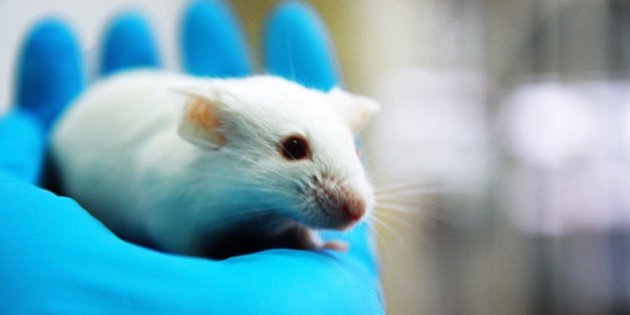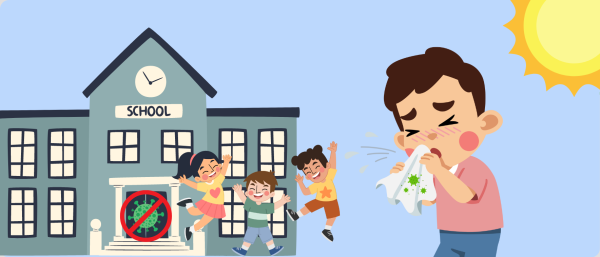Animal testing is necessary for human development
All over the world, animals such as mice are tested on in order to develop drugs that could be essential to helping millions of people and animals alike.
When the term “animal testing” is brought up in a conversation, it may lead to concerns for some people. Thoughts of animals being harmed for the benefits of humans is an appalling thought to some, but the humane use of animals in laboratories has drastically improved over the past few decades. Even so, the amount of research that is provided from experiments that involved live animals has improved the medical knowledge in human and animals alike.
First and foremost, if testing on animals in laboratories becomes prohibited, then who else, besides people, would these experiments take place on? Even if people become involved in experiments, there would emerge the new question of if this is any more ethical than animal testing. Would the subjects of the testings be based on a volunteering system or a randomly chosen system? Would the test subjects be getting paid? What extent would the testing be going? If we don’t test on animals, how will we find out if drugs work in the first place? How does anybody know this drug will really work? Even with the many questions that have arisen in the past about testing linger, many more would seem in the wake of a future where animal testing doesn’t exist.
Even with ethics considered, animal testing has laws in place to make sure the well-being of the animals who live in laboratories as part of experiments is upkept. In 1966, the Animal Welfare Act came into place and it still stands today. Enforced by the Department of Agriculture, the Animal Welfare Act is the only federal law in the U.S. that “regulates animals’ treatment in research, exhibition, transport and by dealers.” This is the minimal standard for all laboratories and research centers who use animal testing as a mean of research. Other laws in place have targeted specific method that researchers have used in the past, along with protection of different species.
“It’s vitally important that the research community sends the message that animal research is crucial for medical progress, that it is conducted humanely, and that we work within strict regulations,” president of the University of Manchester Nancy Rothwell said.
Animal testing has also greatly benefited humans, not to mention animals themselves. Vaccinations for deadly diseases such as polio have been found thanks to testing on animals. Polio, once a feared disease that causes paralysis, has not been reported to have a case originate from the U.S. since 1989. Other vaccinations include smallpox, measles, mumps and insulin’s development have all come from some form of animal testing. As for animals, rabies, feline leukemia and distemper would have claimed millions more of animal lives. Animal testing has not just saved many human lives, but also several million animals’ lives.
Without animal testing, human advancement would not be nearly as far as it is. Though animal testing could be thought as inhumane, it has greatly influenced the way that people live their lives today. Though many alternatives to animal testing have come out, for now, animal testing has been proven to work. Until other forms of reliable research like animal testing come out, testing on animals is potentially one of the best scientific ways to experiment for human knowledge and benefit.













